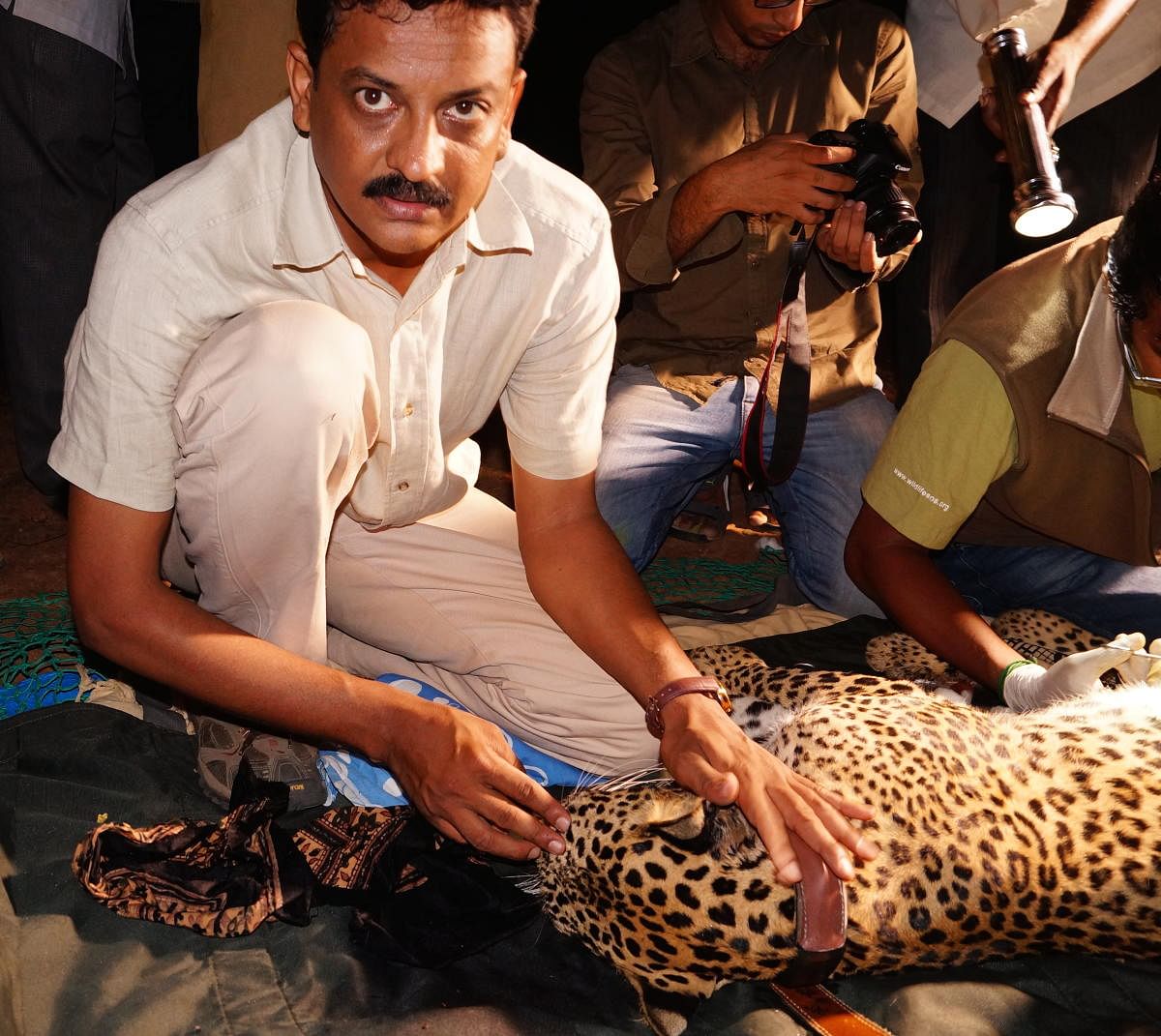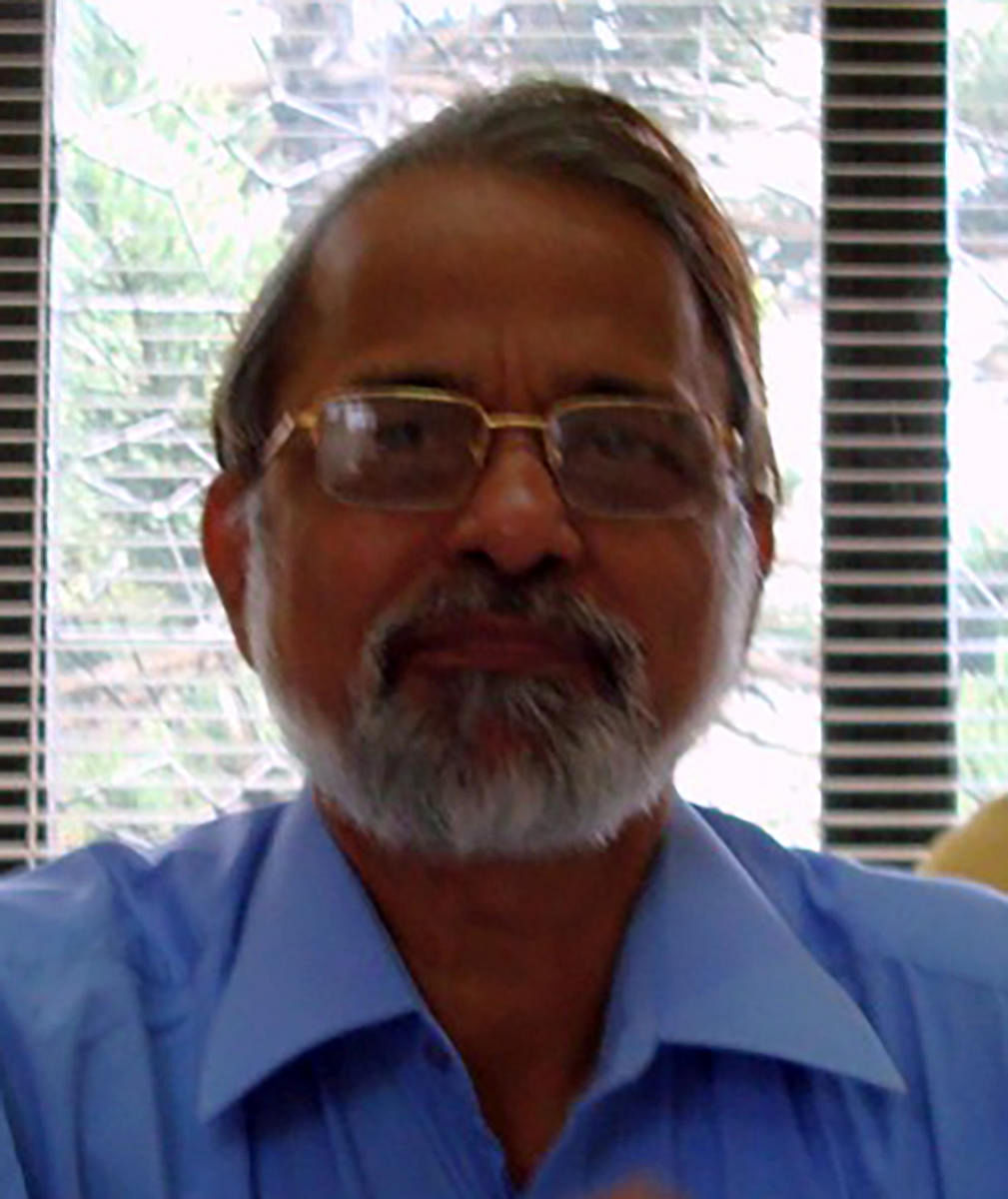

Environment
Unfettered economic growth and private investments (like the ones that have come to Western Ghats) are greatly detrimental to conservation. It has led to increased loss and fragmentation of terrestrial and aquatic wildlife habitats. Certainly, infrastructure is necessary, but ill-advised development has led to large-scale vandalism of our natural systems.
In the past, some of the governments saw conservation as their responsibility. Nowadays, governments project the same as a burden on society. Environmental and conservation laws have been purposefully weakened in the name of facilitating ‘ease of doing business’.
Instead of streamlining the system, laws, regulations, and guidelines have been modified and weakened. Corruption is one of the major reasons for such bureaucratic stumbling blocks. Ideally, the government should have been strengthening anti-corruption regulations and strictly following the clearance procedures instead of weakening the existing systems.
These days, the emphasis of many civil societies is to engage only with ‘non-controversial’, soft activities. Nature conservation does not seem to be a passion, but for most, a mere livelihood activity. Scientists, conservationists, photographers, the tourism industry, painters, cartoonists —everyone’s projecting themselves to be ‘saving’ nature. Everyone claims to be ‘inspiring’ and ‘teaching’ others to do conservation. So who are those ‘others’ who will do the ‘real’ conservation? Joining them are the misguided social media activists, many of whom have little understanding of the subject, but merely criticise without becoming part of the solution.
I wish we could change the human gene and the human mind to develop love and respect for wildlife and their habitats. Everyone would then value the land we live and everybody would change the way they behave in order to ensure sustainability.
Sanjay Gubbi (as told to Anitha Pailoor)
The writer is a well-known conservationist.
Economy
The new year, to be frank, has not begun on a good note. The economy, right from 2011-12, has been suffering with growth rates plumbing and inflation climbing. After the BJP victory, the economy seemed to pick up during the initial years of 2014-18, but gradually showed creaking signs, with the growth rate sliding down to less than 5% p.a. During the decade, the services sector grew satisfactorily, but that was not the case with the industrial sector as well as agriculture. Demonetisation and GST created major problems mainly because of the immature implementation and lack of planning. Today, we are at the threshold of a full-blown crisis with unemployment as one of the major problems and the growth rate threatening to go down to 4.5% per annum. Added to this, the savings rate has come down to about 30 per cent and foreign direct investment is also dipping. I wish we could have reverted this trend with a proper economic policy mix. The economic atmosphere in the country now is not very soothing and at the same time the political turmoil has inflicted huge losses in terms of loss of employment and confidence in the economy. We are looking at an economic emergency-like situation. Given the resilient nature of the Indian economy, I still feel we shall overcome but am only being optimistic.
Prof R S Deshpande (as told to Shruthi Srinath)
The author is a former director at the Institute for Social and Economic Change